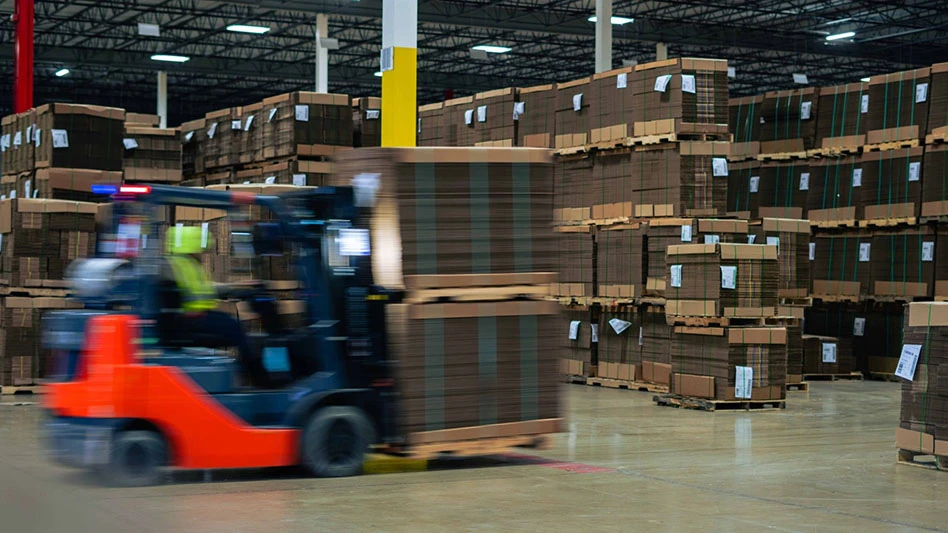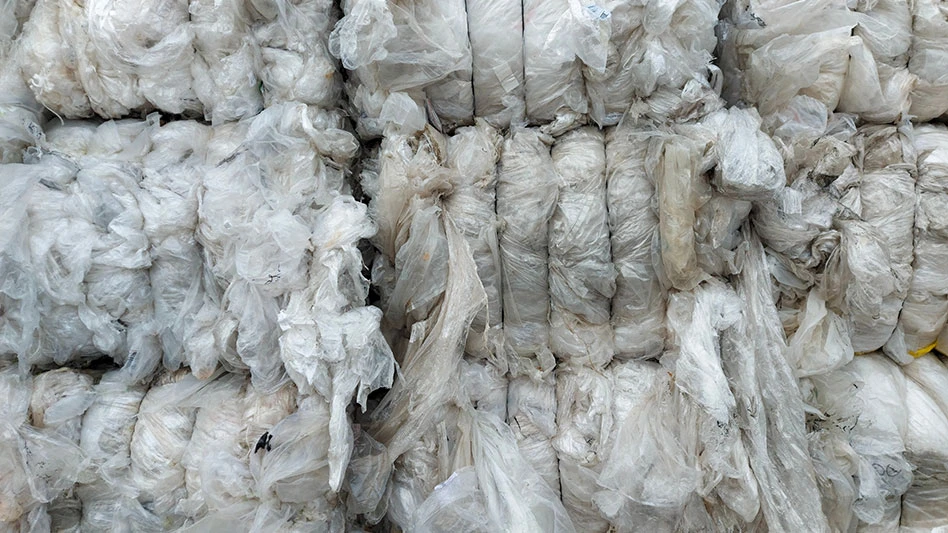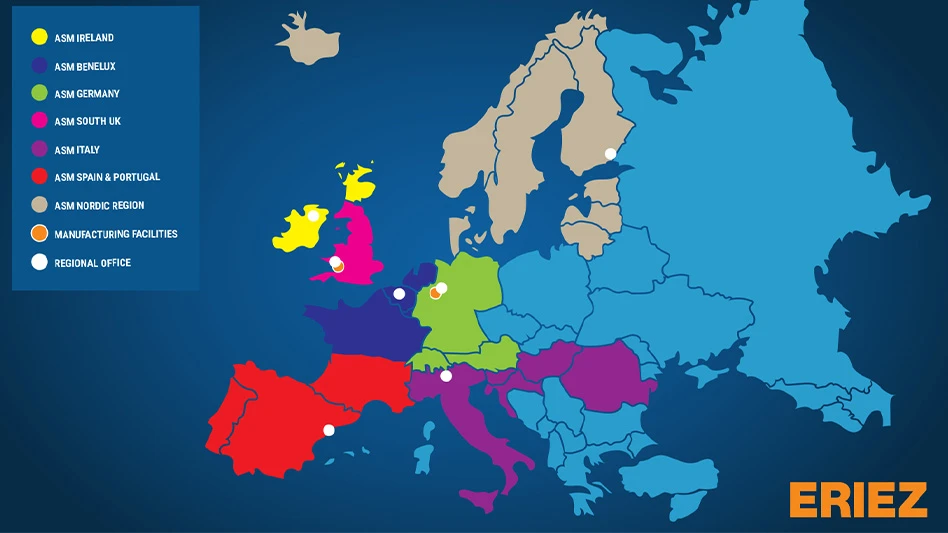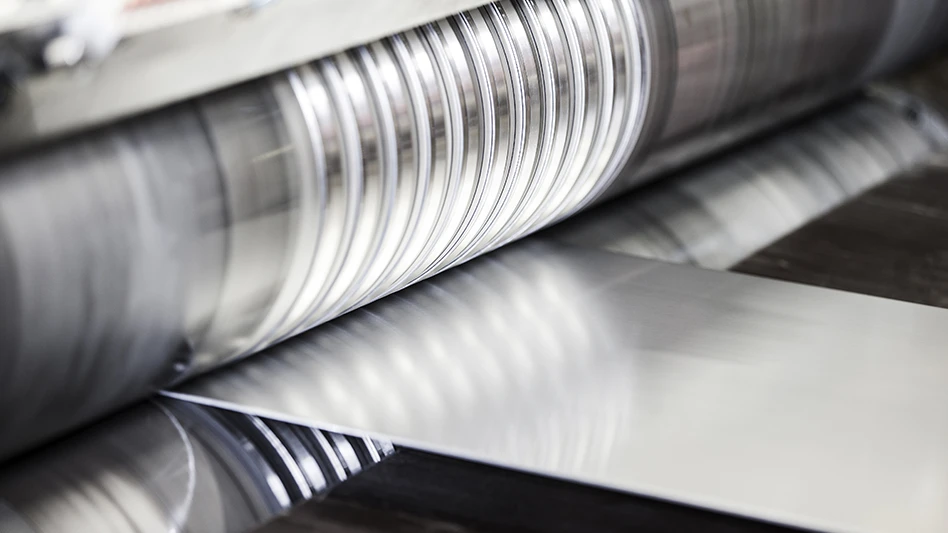This year has begun with the typical seasonal slowness in nonferrous scrap generation, with a cold snap hitting a wide band of the U.S. that extended from the Southwest to the Northeast in the third full week of January contributing to the situation.
An executive with a scrap processing firm that operates multiple locations throughout the Midwest and Southeast says that while scrap generation has been lower from December of last year into January, it is not lower than normal given the time of year.
A nonferrous trader and executive with a scrap processing company based in Florida that also has operations in the Midwest says generation is slower in that region given the weather and the decline in manufacturing activity associated with the end of the calendar year.
The South hasn’t been affected as much, the trader continues, given that it is less dependent on industrial activity and weather has not been a factor.
“Demand feels better because less [scrap] is being offered. Consumers are more likely to buy what is being offered.” – an executive with a scrap processing company with multiple locations in the Midwest and Southeast U.S.
He says uncertainty fueled by the possibility of potential tariffs and trade wars continues to affect nonferrous metal flows, values, consumption and demand.
That has led many, including him, to adopt a wait-and-see attitude regarding tariffs. “The reality is no one knows. Will they be immediate or six months from now? Will they be broad or narrow?”
This has created tentativeness in consumption, especially overseas.
President Donald Trump indicated Jan. 20 as he signed executive orders that he expects to put 25 percent tariffs on imports from Canada and Mexico starting Feb. 1, though he did not mention his plans to add tariffs to imports from China or more broadly.
The executive based in the Midwest says it is difficult to judge how such tariffs could affect his company, though he notes that Canada supplies a significant amount of primary aluminum to the U.S. “If the buyers and consumers of primary [aluminum] can’t get that in, eventually that hits us.”

He continues, “If they impose tariffs on China and China retaliates, that will be a problem for us because we do ship scrap direct to China.”
The executive adds that some scrap consumers in China have widened their spreads and lowered their offer prices, while others are out of the market completely for the time being.
The Florida-based trader says China has not been “very aggressive at all” in its scrap purchasing, noting that the approach of Lunar New Year celebrations also is a factor.
The arbitrage between the London Metals Exchange and Comex copper contracts had been widening since late 2024 before tightening to 14 cents following Trump’s statement on tariffs Jan. 20.
Meanwhile, supply and demand appear to be well-balanced in the domestic market for copper and aluminum scrap, the Midwest-based executive says.
“Demand feels better because less [scrap] is being offered. Consumers are more likely to buy what is being offered,” he adds, noting that this is helping to push pricing upward a bit.

Explore the February 2025 Issue
Check out more from this issue and find your next story to read.
Latest from Recycling Today
- CalRecycle opens comment period on proposed SB 54 revisions
- 2026 Circular Steel Summit: Taking stock of tariffs
- CDRA Conference & Tradeshow 2026: Addressing battery fire risks
- Darda equipment now available in North America
- Struktol's ZB 47 and ZB 49 improve processability in rubber compounds
- Volatility wave hits copper pricing
- ArcelorMittal legal battle with Italy continues
- Altor program boosts EPS recycling





